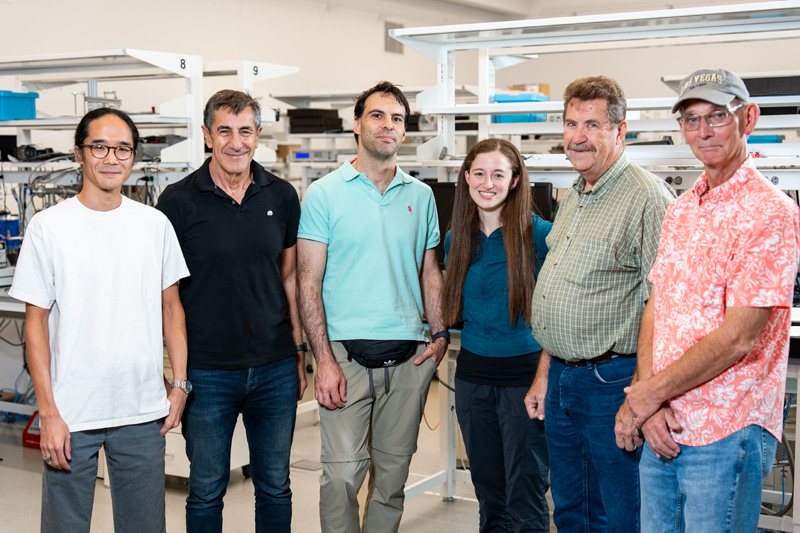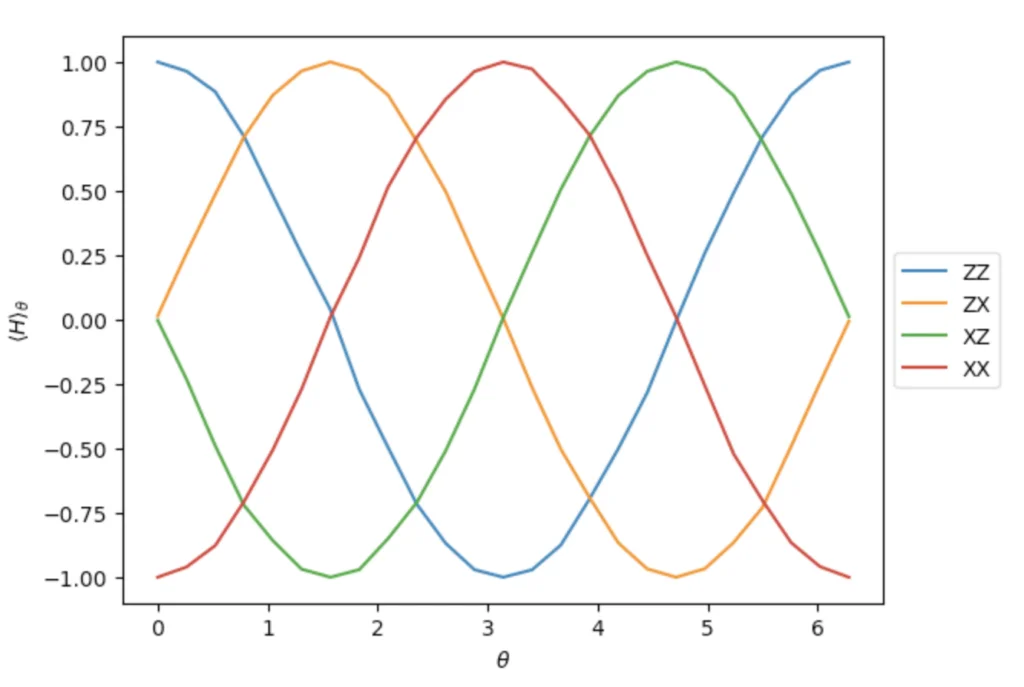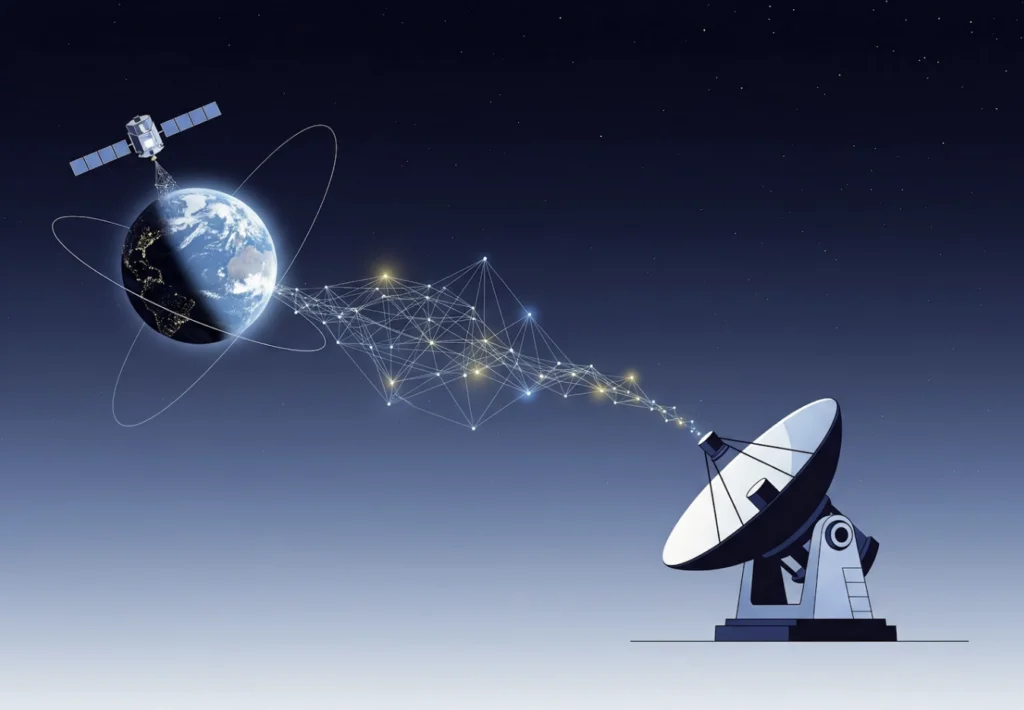Insider Brief:
- Fermilab engineers introduced the QICK box, an integrated system that simplifies quantum control by combining FPGA boards, amplifiers, filters, and cabling into a compact, customizable package.
- The QICK box enhances signal-to-noise ratios and qubit control, offering scalability, precision, and adaptability to meet evolving quantum research needs.
- Developed through collaborations with institutions like the University of Chicago and Yale, the QICK initiative supports scientists in scaling experiments and advancing quantum system techniques.
- Image Credit: Ryan Postel, Fermilab
PRESS RELEASE — As scientists work towards finding ways to apple quantum computers to unprecedented challenges, one hurdle has been ensuring seamless communication between the quantum and classical realms. In a recent release, Fermilab engineers announced they are addressing this challenge through the Quantum Instrumentation Control Kit, a system introduced in 2022, and its new companion product, the QICK box.
Introducing the QICK Box: A Lab in a Box
The QICK box is a fully integrated system designed to simplify quantum control and readout processes. Building on the original QICK—a combination of a field-programmable gate array board, radio frequency circuit boards, and open-source software—the QICK box incorporates additional hardware like amplifiers, filters, and cabling into a compact and customizable package.
“Rather than having to buy a vendor board and the dozens of amplifiers, filters and other hardware needed to connect the equipment, scientists can use the QICK box, which has everything built in, is easy to use and optimized,” said Fermilab engineering physicist Sho Uemura, the lead QICK software developer.

The release notes that the system is highly adaptable, allowing researchers to mix and match components such as radio and low-frequency circuit boards, and add custom daughter boards. This modularity ensures the QICK box remains relevant as quantum technology continues to evolve.
From Research to Market
Designed to increase signal-to-noise ratio and enhance qubit control, the device enables researchers to amplify and filter signals with improved precision and accuracy. The Fermilab team also introduced QICK version 2.0, which features updated firmware and software, including a new core processor for enhanced quantum control.
“QICK is very powerful because the field of quantum right now is changing so rapidly,” said Travis Humble, director of Oak Ridge National Laboratory’s Quantum Science Center. “I think QICK is entering that research space where we expect there to be a lot of fluctuation in the hardware design, whereas the other companies are not making the radical changes to development we know the QICK box is capable of.”
Collaborative Development for Evolving Needs
The QICK initiative began in 2020 through collaboration with researchers at the University of Chicago and has since expanded to include institutions like Yale, Stanford, and Princeton. Researchers such as Yale’s Professor Michael Hatridge are leveraging QICK to scale quantum experiments and develop techniques for larger systems.
“Our goal is to build a model that shows there are better ways to scale up from simple experiments we can do in the lab with a handful of qubits to larger machines,” said Hatridge. He emphasized the system’s affordability and performance, noting its flexibility to meet the demands of increasingly complex experiments.
The QICK team’s user-centered approach also sets it apart. Fermilab engineer Gustavo Cancelo, who leads the development and commercialization efforts, highlighted the challenge of designing for a rapidly evolving field. “We try hard to think ahead and put in functionality we think users will need in the future. Quantum devices are a moving target,” Cancelo explained.
A Catalyst for Scientific Discovery
Since its inception, QICK has grown from a niche tool into a widely adopted platform with more than 350 registered users worldwide. The introduction of the QICK box is expected to further this reach, providing scientists with an accessible and high-performance solution to advance quantum information science.
For those interested in commercializing the technology, Fermilab’s Office of Partnerships and Technology Transfer can provide further details. The development of QICK is supported through Fermilab’s partnership in the Quantum Science Center, part of the Department of Energy’s National Quantum Initiative.















